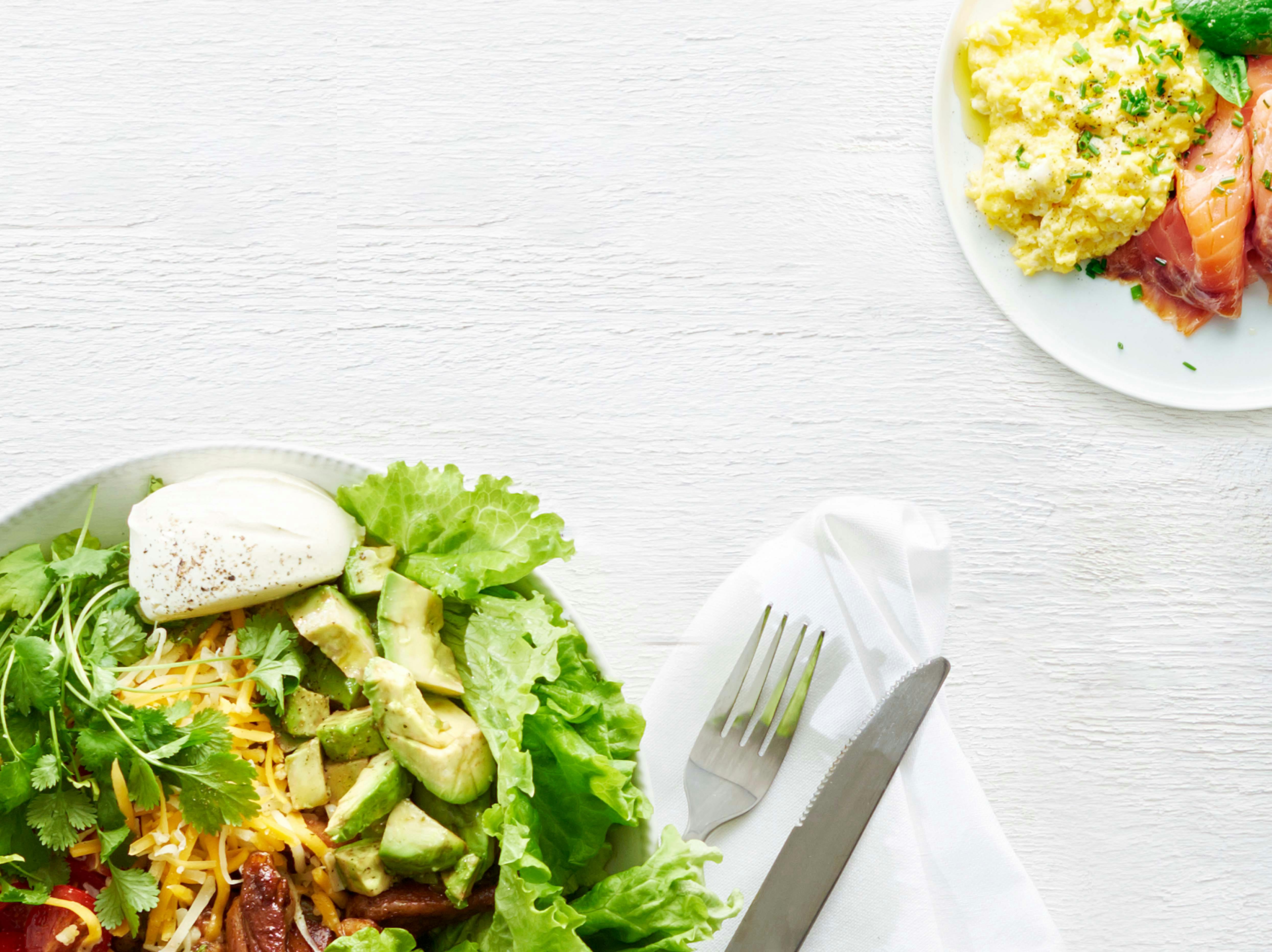Also after getting back on the wagon I tested my ketones and there definitely a colour change on the stick so hopefully I can get to normal range soon.
I mean whats the alternative to the Newcastle diet? Avoid Carbs? Vegan? Carnivore?

Hi
@MCMLXXIII I assume you are asking about lifestyle alternatives to ND, not medical ones (which include metformin, SGLT2's, insulin, bariatric surgery etc. etc.).
In my personal opinion, not a DCUK stance, people very often get hung up about minor differences in approach with lifestyle for control/remission of T2 Diabetes. We (Type 2 Diabetics) are in a situation where we don't cope well with carbohydrates such that despite us often having lots of natural insulin sloshing around in our bodies, we also have too much Glucose as well.
It's like running a bath and it overflowing. In order to stop it, some may say pull the plug out, while others say reduce the flow into the bath by turning the tap. Both do work, but in the case of our bodies, we can't stop eating forever. Everyone acknowledges that it is the carbohydrates in our food which are digested into glucose and that our bodies actually need a certain minimum amount of glucose per day.
This is where the disputes about approaches start. If we were athletes we would use up a lot more of that glucose, muscles even store glucose safely outside the bloodstream without doing aerobic exercise, so just building bigger muscles through weight training can help. But the most effective approach is to 'turn down the tap', i.e. reduce the total carbs (both starches and sugars) the we eat!
This makes a 'low carb' approach strikingly obvious, indeed when you look at something like ND, then in effect it's just another variation on low carb, because when you portion out the 800 calories per day of ND into calories from Protein, from Fat and from Carbohydrates you can see that in order to make it have enough Protein and Fat to fill our requirements there isn't a lot of calories left from carbohydrates - certainly much less than the average person eats daily.
So Fasting (for days), Weekly 5 days eating with 2 fasting or low calorie days, Intermittent Fasting (also called Time Restricted Eating e.g. eating only in a 6hr to 8hr window), ND, Low Carb (under 130gms per day of carbs), Very Low Carb (20gms to 50gms), Keto (under 20gms) are all variations on the same theme. Just find one that suits you and delivers big enough results as seen in your BG meter and how well you feel.
Where you are on the eating spectrum (from completely Vegan to completely Carnivore) is less important (provided you get all your nutrients). And it
is possible to do that at either extreme!
However just because it's possible, doesn't mean it's easy! For almost all people it is extremely difficult to reduce carbohydrates enough on a Vegan diet, even Vegetarian is difficult. Thus most of us eat meat, fish & eggs, many also eat dairy and many also eat nuts.
Your BG meter is your own personal T2 Diabetes expert. It can tell you exactly how your body is coping with your own diabetes, because we all have different bodies, genes, micro-biome, traditional foods etc.


